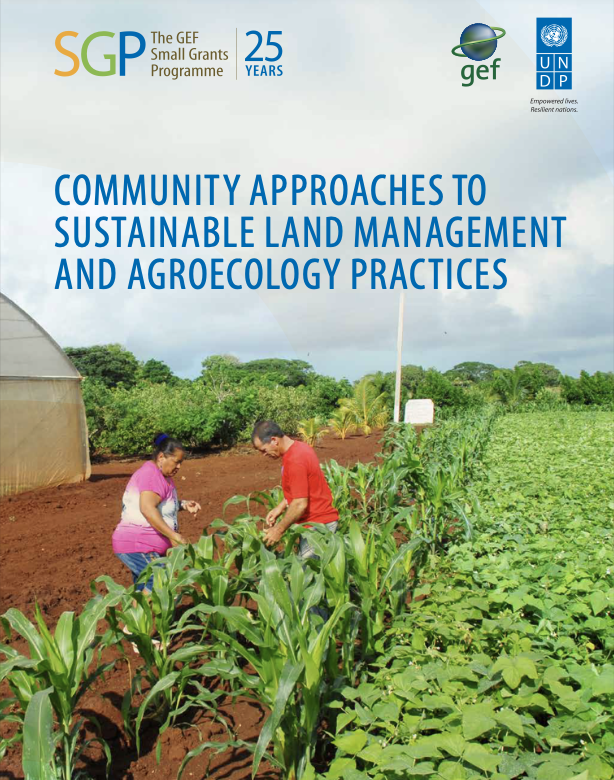Status of the World’s Soil Resources (SWSR) – Main Report
The SWSR is a reference document on the status of global soil resources that provides regional assessments of soil change. The information is based on peer-reviewed scientific literature, complemented with expert knowledge and project outputs. It provides a description and a ranking of ten major soil threats that endanger ecosystem functions, goods and services globally and in each region separately. Additionally, it describes direct and indirect pressures on soils and ways and means to combat s oil degradation.


